If you've been thinking about getting a Ph.D. in Neurology, you've probably heard that it's a highly regarded doctorate degree in neuroscience. However, you may not be sure what it entails. You can read up on neuroscience books and take online courses or take classes at a local university to get a better idea of how the field works. This article will explore some of the main questions you should ask yourself before deciding whether or not to pursue a PhD in Neurology.
A PhD program in Neurology involves integrating aspects of the discipline into the larger area of neuroscience. Students in the PhD program will study the combination of health, life, and biochemistry. This allows students to build a deeper understanding of how the brain works and how it is affected by serious ailments. The coursework also focuses on independent research skills and the ability to develop hypotheses. This makes it an excellent choice for those interested in careers in neuroscience.
Upon graduation, students can choose from a number of research options. Clinical neuroscience, for example, focuses on improving the quality of life of individuals with neurological diseases. Basic neuroscience research, on the other hand, deals with the role of chemicals and molecules in the human body. Both areas benefit from advancements in technology, which makes the field more important than ever. The salary is typically higher than that of a non-scientific field, but the potential for advancement in these fields is very attractive.
Ph.D. in Neurosurgery Eligibility
Candidates who want to take admission in Ph.D. must have a post graduate degree in Neurosurgery and its relevant discipline with at least 55% marks from a recognized university and must have passed the national level entrance examination or university level entrance examination. National level entrance exam like UGC NET / UGC CSIR NET / GATE / SLET or University entrance exam consisting of written test and personal interview.
The Benefits of a PhD in Neurosurgery
In recent years, the number of neurosurgical trainees pursuing a PhD has increased. The percentage has increased from 10 percent to over 26 percent. In Canada, 25% of neurosurgical residents have obtained a PhD and 33% a Masters degree. In addition to providing further opportunities for research, a graduate degree has been linked to an academic position and advancement in rank. Despite this, there are still some drawbacks to pursuing a PhD.
First, neurosurgeons are among the most passionate and dedicated people in the hospital. The field is small, so it is important to develop relationships outside the professional realm. Most resident cohorts consider one another family. Second, a Ph.D. in Neurosurgery allows a physician to specialize in the field of neurosurgery. A doctorate in this field can help a medical practitioner find a job in a specialty they love.
Third, a PhD can improve the career prospects of a neurosurgeon. This field is characterized by a passion for the pursuit of excellence. Famous neurosurgeons include Harvey Cushing, Gazi Yasargil, Walter Dandy, and many others. Despite the complexity of anatomy and its many facets, physicians with a Ph.D. in Neurosurgery can become role models for medical students who pursue a career in the field.
The Career and Job Opportunities of Neurosurgery
The healthcare and biomedical sectors encompass a wide range of careers. A Ph.D. in neuroscience will allow you to specialize in a variety of fields, including neurosurgery and psychiatry. You can also choose a more general career involving research. You could, for instance, work as a medical writer, researching and writing academic papers. A PhD in neuroscience can also help you in the writing of medical advertisements for medications.
As a result of this increased research activity, more physicians are choosing to pursue a Ph.D. in neuroscience. The number of career options is increasing by the day. The career opportunities of neurosurgery are diverse and exciting. The research conducted on these programs can lead to the creation of new technologies and discoveries. In addition, there are a wide variety of career options open to individuals with a doctorate in neuroscience.
A Ph.D. in neuroscience may help you secure a tenure-track position in an academic institution. The job market for this degree is growing quickly, and many industries recognize the positive impact of the research produced. You may be able to use your knowledge to help solve some of the most pressing social problems. As a result, you may want to consider a career in neurosurgery to get a competitive edge.
The Future Scope of a Ph.D. in Neurosurgery
What is the future scope of a Ph.D. in Neurosurgery? This degree is highly valuable in the field of brain surgery. It can give you the skills you need to succeed in your field, and it is ideal to pursue it as a career. This training will give you the expertise to work in a variety of settings. However, if you want to make a name for yourself, then you should seek a mentor in a department that shares your goals.
As neurosurgeons are some of the most dedicated and passionate individuals in the hospital, they often have a variety of interests and drive. As a result, it's important to find a mentor who has the same drive. Many neurosurgeons try to discourage prospective students from pursuing their degree, but they can be extremely helpful in helping you decide which specialty you want to pursue.
The research involved in neurosurgery is closely integrated with neuroscience. Most residency programs include elective research time, and academic neurosurgeons tend to participate in some type of clinical research. This expanding scientific field has an increasing impact on clinical and biological studies. The human spine and brain are valuable tools for neurosurgeons to utilize in their work. As such, it's not unusual for a non-neurosurgeon to want to pursue a career in the field of neurosurgery.
Ph.D. Research Programme duration
The Ph.D. in Neurosurgery course is minimum 3 years and maximum 5 in duration. This depends on the university offering the course.
Fees for research programme for Neurosurgery
The average fee for Ph.D. in Neurosurgery degree is between INR 50000 and INR 500000.
 5 Years
5 Years
 PhD
PhD
 Research
Research







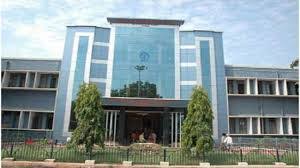
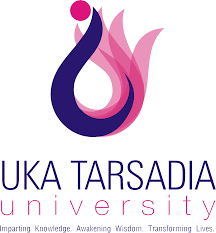
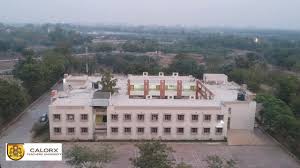

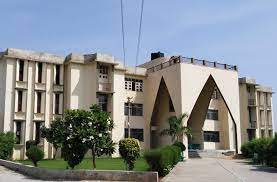
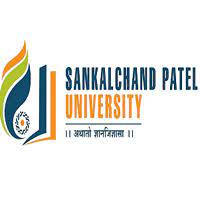


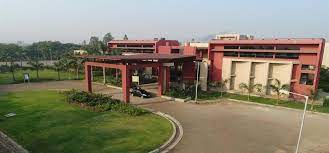



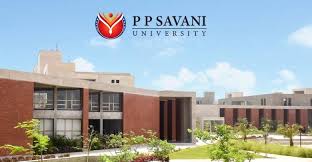


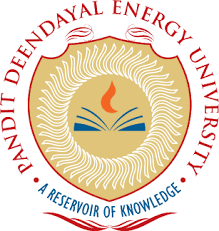
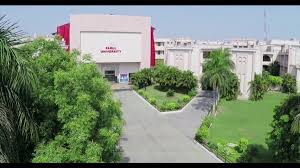
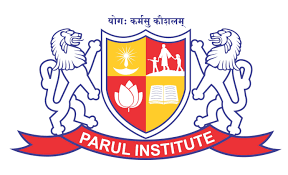
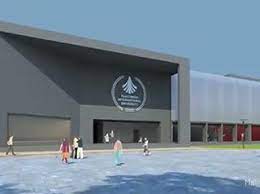

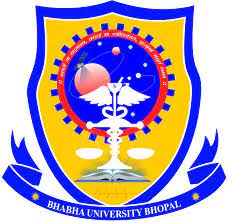


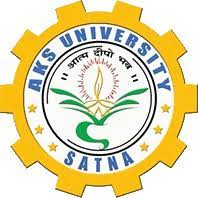



 back
back